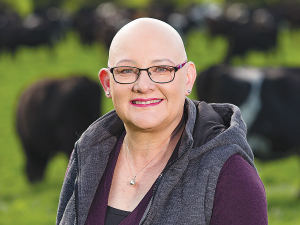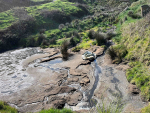Waikato Regional Council has updated its strategic direction to focus on wellbeing and responding to climate change.
Called Takatū Waikato | Making a stand for the Waikato, the strategic direction for 2023-25 is a non-statutory document that provides guidance to iwi partners, stakeholders, the public and staff on the council’s priorities and goals.
While environmental issues like water, biodiversity, and coastal marine areas remain a priority, three other priorities have changed with the aim of enabling the council and the region to better respond to forces of change.
The goal of tackling climate change becomes ‘Transition to a low emission economy’, which Council claims will provide clearer direction on what needs to be achieved.
Sustainable infrastructure has been renamed ‘Sustainable development and infrastructure’, something Waikato Regional Council says is to account for a need for infrastructure to serve long term community wellbeing. The council says the priority will focus on increasing community resilience and envisaging and responding to environmental, social and economic shifts over the next 30, 50, and 100 years.
Waikato Regional Council chair Pamela Storey says the council has developed goals that deliver on its priorities.
“They’re ambitious, and with that comes responsibility to do things differently, recognising cost of living pressures are top of mind for many right now,” Storey says.
“This pivotal document will help to focus discussions, guide work programmes and prioritise activities in the long-term plan, which we’re about to get started on,” she says.
Storey says that based on the feedback the council has received, people by and large support the priorities.
“As we’ve worked on our new goals to deliver on these priorities, we’ve taken on board suggestions that strengthen our overall direction.
“We’ve also received some well-considered recommendations for actions. Many of them are already in train or will be considered for inclusion in the development of the long-term plan, due to be adopted in June next year.”
Further workshops will be held with iwi partners to co-design actions to achieve the goals.



















